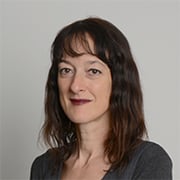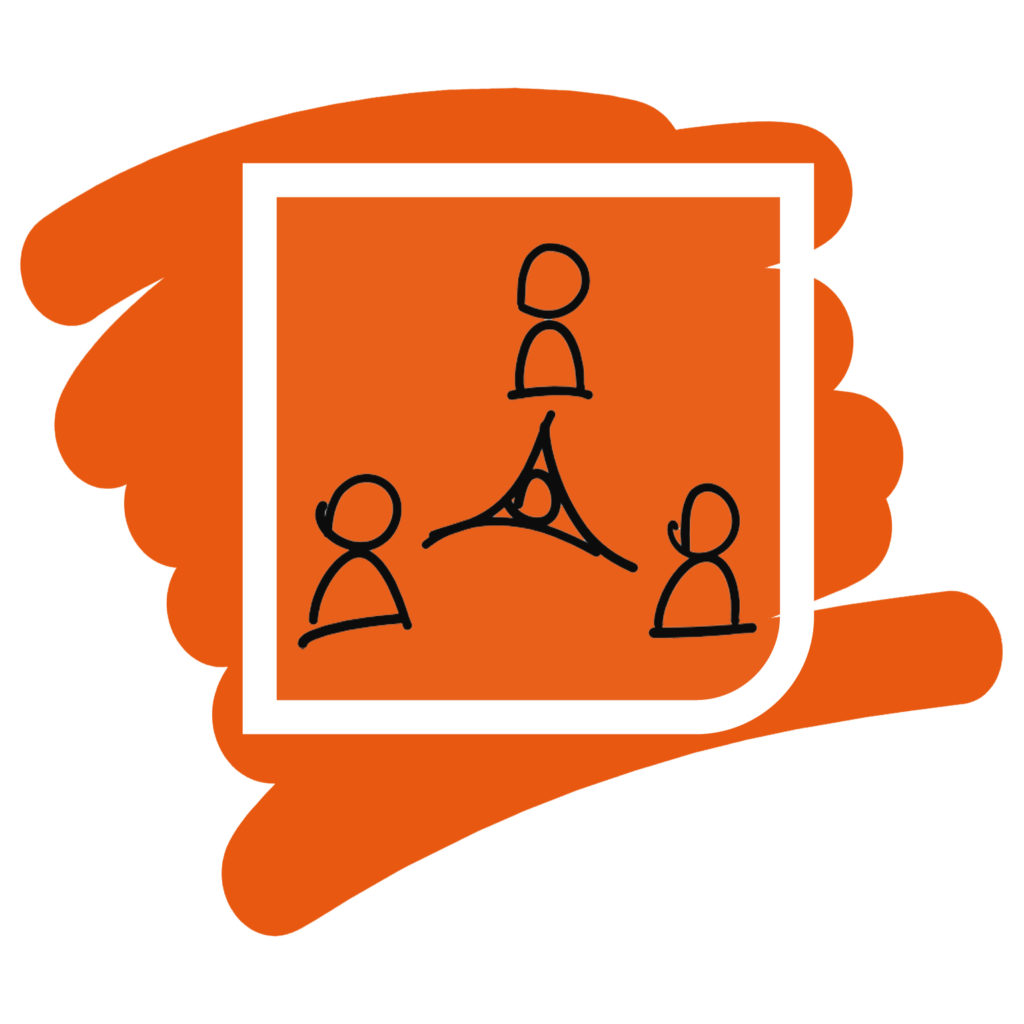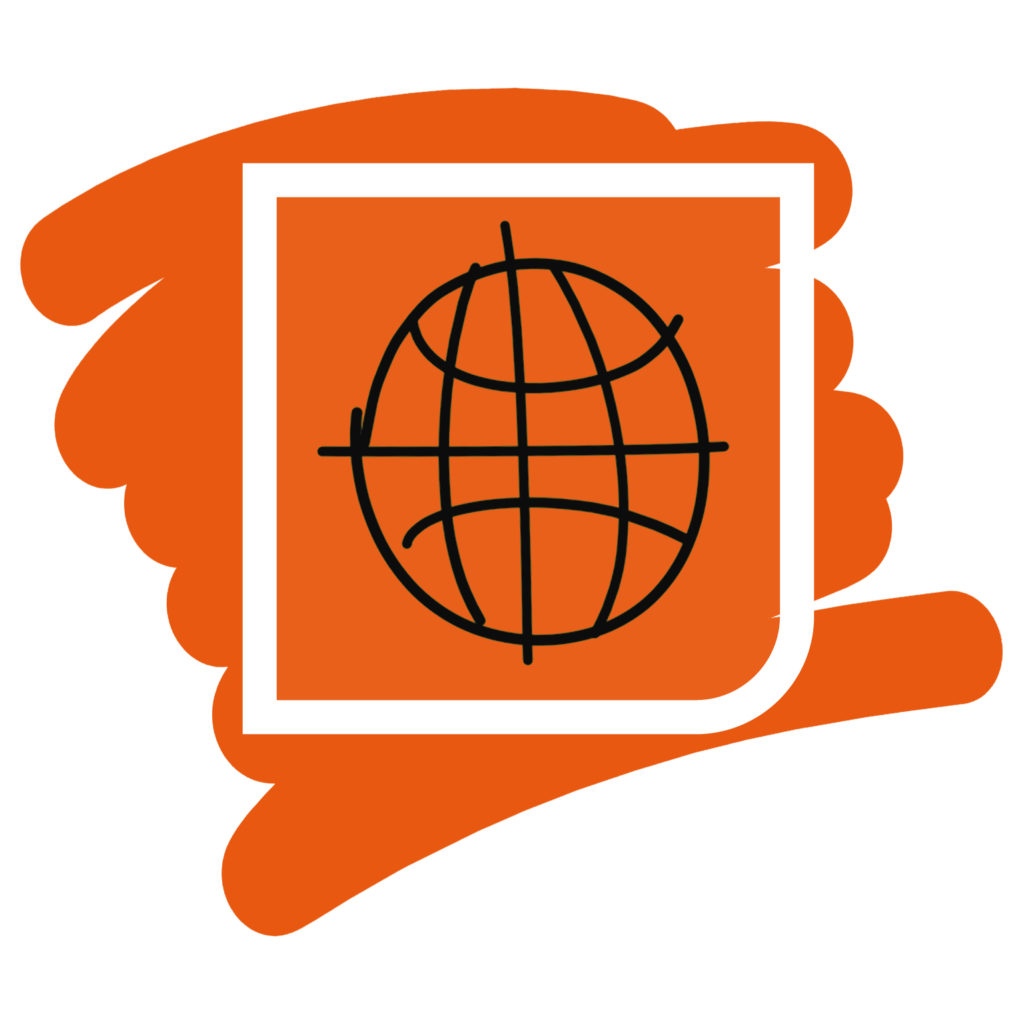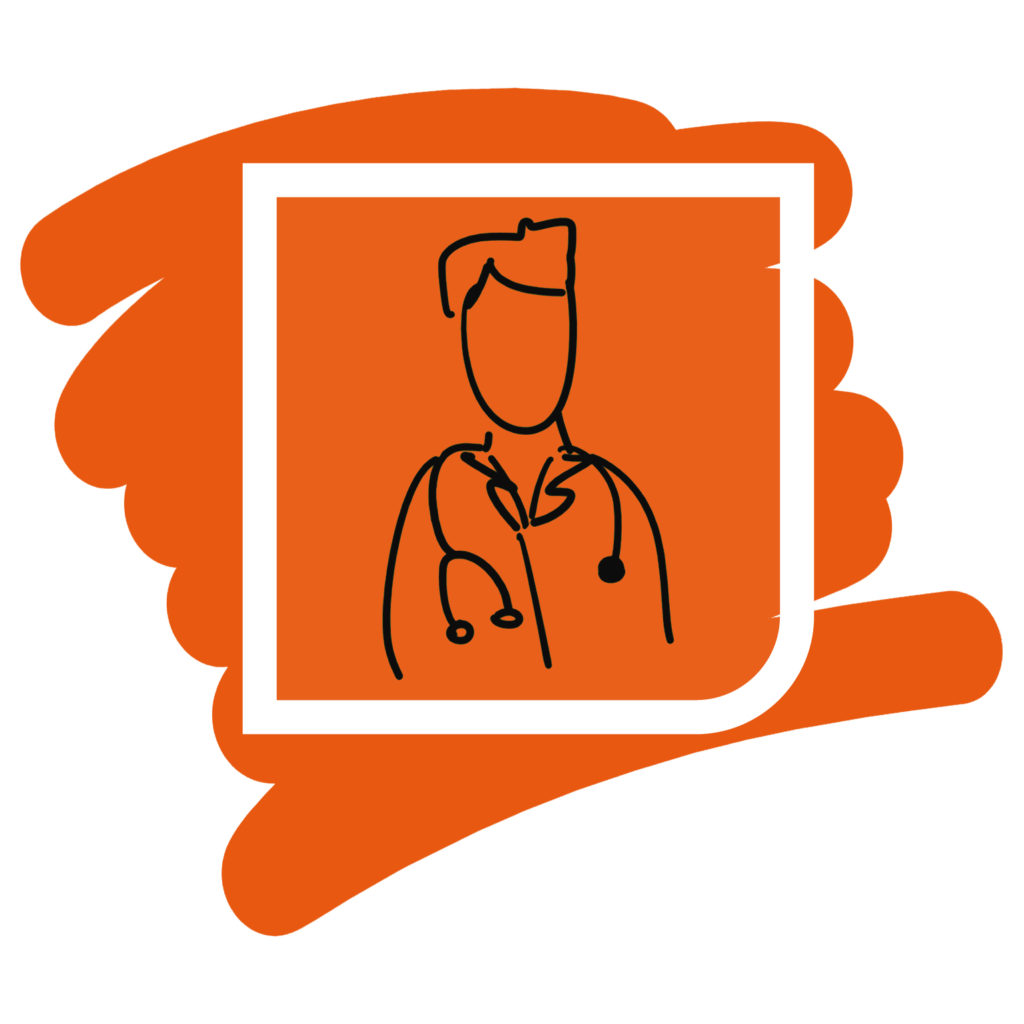- RWD
Unicancer provides support to expert groups responsible for addressing questions on therapeutic strategies and research.

MyPeBS (My Personal Breast Screening) is a unique international project, funded by the European Union. It investigates whether a personalised breast cancer screening could be a better screening option for women aged 40 to 70.
Since the late 1980s, organised breast mammography screening programmes have been introduced in more and more countries across Europe. In the current strategy, all invited women are treated the same. But women are not all the same: each woman has her own individual risk of developing breast cancer, depending on many factors like genetic factors, lifestyle, or hormonal exposure.

The goal of this study is to answer a simple, yet fundamental, question: is it better to personalise the method and frequency of breast screening based on a woman’s individual risk?
Dr. Suzette Delaloge, Investigateur principal de MyPeBS
MyPeBS is a European research project that aims to assess the effectiveness and feasibility of personalised breast cancer screening, one that is based on the personal risk of developing breast cancer for each individual woman.
To meet such a goal, at MyPeBS’s core is a multi-centre, international, randomised* clinical study that will recruit 56,700 women from Belgium, France, Israel, Italy, the United Kingdom and Spain.
*A randomised study is a study in which participants are randomly assigned (computer-randomised) to one of the study groups; this makes the groups comparable.
This study will compare the current standard breast screening with a personalised strategy, which screens women at higher risk of breast cancer more often, and women at a lower risk of breast cancer less often.

27 partners

6 recuiting countries : Belgium, France, Israel, Italy, the United Kingdom and Spain

56 700 expected woman
This randomised controlled study will compare two groups of women: a group who will follow the current standard breast screening, to a group who will follow a personalised risk-based screening strategy, which will require a saliva test and an extra visit as compared to the Standard group.

1 500 doctors and scientists involved


This project has received funding from the European Union’s Horizon 2020 research and innovation programme under grant agreement N°755394